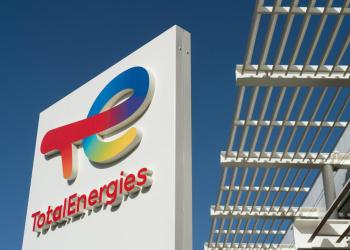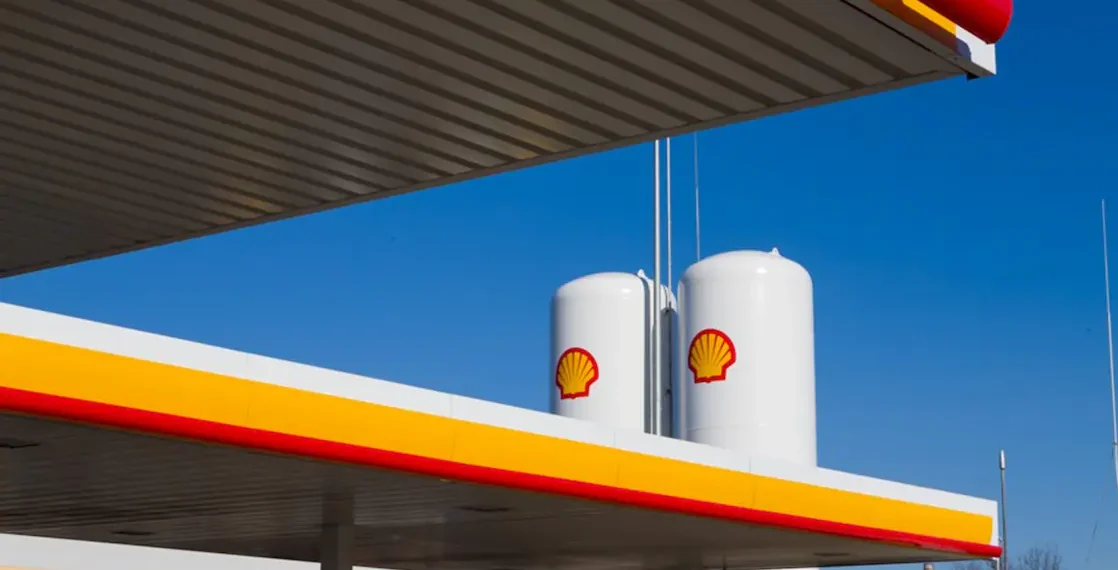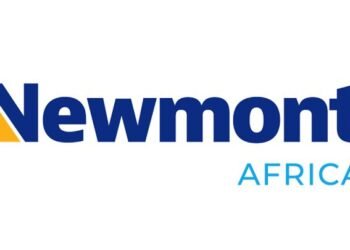Global energy giant Shell has deepened its commitment to Nigeria’s offshore oil sector with a major acquisition, purchasing a 12.5% non-operated stake in the Bonga deepwater oil field from TotalEnergies for $510 million.
The transaction is set to raise Shell’s interest in the Oil Mining Lease (OML) 118 Production Sharing Contract (PSC) from 55% to 67.5%.
The move further cements Shell’s strategic focus on its Nigerian upstream portfolio, particularly in deepwater operations, where it is already spearheading the development of the Bonga North project a major subsea expansion expected to deliver first oil before the end of the decade.
“Following our final investment decision on Bonga North last year, this acquisition brings another significant investment in Nigeria deep-water that contributes to sustained liquids production and growth in our upstream portfolio.”
Peter Costello, Shell’s President for Upstream
Production from the Bonga field began in 2005, marking Nigeria’s first deepwater oil development.

Located 120 kilometers offshore, the field is operated by Shell Nigeria Exploration and Production Company (SNEPCo), a Shell subsidiary, through a Floating Production Storage and Offloading (FPSO) vessel.
With a production capacity of 225,000 barrels per day, Bonga has been instrumental in Nigeria’s offshore oil expansion.
Shell’s decision to increase its stake comes amid heightened momentum around the Bonga North project, a subsea tie-back to the existing FPSO.
The Bonga North development, which reached final investment decision (FID) in December 2024, is estimated to contain over 300 million barrels of oil equivalent (boe). Peak output is projected to reach 110,000 barrels per day.
“This acquisition underscores our confidence in Nigeria’s deepwater potential and aligns with our long-term commitment to the country’s energy sector.”
Peter Costello, Shell’s President for Upstream
TotalEnergies’ Strategic Refocus

For TotalEnergies, the sale is part of a broader strategy to streamline its asset portfolio by focusing on low-emission, low-cost operated projects.
“TotalEnergies continues to actively high-grade its Upstream portfolio, to focus on assets with low technical costs and low emissions, and to lower its cash breakeven.”
Nicolas Terraz, President of Exploration & Production at TotalEnergies
In Nigeria, the French energy major is prioritizing its operated gas and offshore oil projects and is advancing the Ubeta gas development project, which will supply feedstock to Nigeria LNG.
“This deal allows us to reallocate resources to strategic developments like Ubeta, which is key to sustaining long-term gas exports.”
Nicolas Terraz, President of Exploration & Production at TotalEnergies
The acquisition is a timely development for Nigeria, which has been struggling to meet its OPEC production quota due to underinvestment and operational inefficiencies.
Nigerian authorities have been urging international oil companies to collaborate more effectively and reinvest in upstream projects to boost the country’s crude oil output.
With Shell’s increased investment, Bonga and Bonga North are expected to play a vital role in stabilizing and potentially increasing Nigeria’s production volumes in the coming years.

The transaction is still subject to regulatory approvals and other customary conditions. Upon completion, Shell will significantly consolidate its position in the OML 118 block, which is a cornerstone asset in its West African upstream portfolio.
Shell’s acquisition of TotalEnergies’ stake in the Bonga oilfield represents a major commitment to Nigeria’s deepwater future.
As Shell deepens its commitment to Nigeria’s deepwater assets, the strategic rationale behind the deal is clear. The move is expected to yield operational efficiencies, greater revenue streams, and enhanced control over production processes in a critical asset.
It comes at a time when global energy companies are balancing the need for reliable oil supply with the transition to lower-carbon energy.
For Nigeria, the investment signals renewed confidence in its offshore sector and offers a potential path to reversing production declines.
READ ALSO: Ecobank Transnational Incorporated Withholds Dividend Payment Despite Stellar 2024 Performance





















